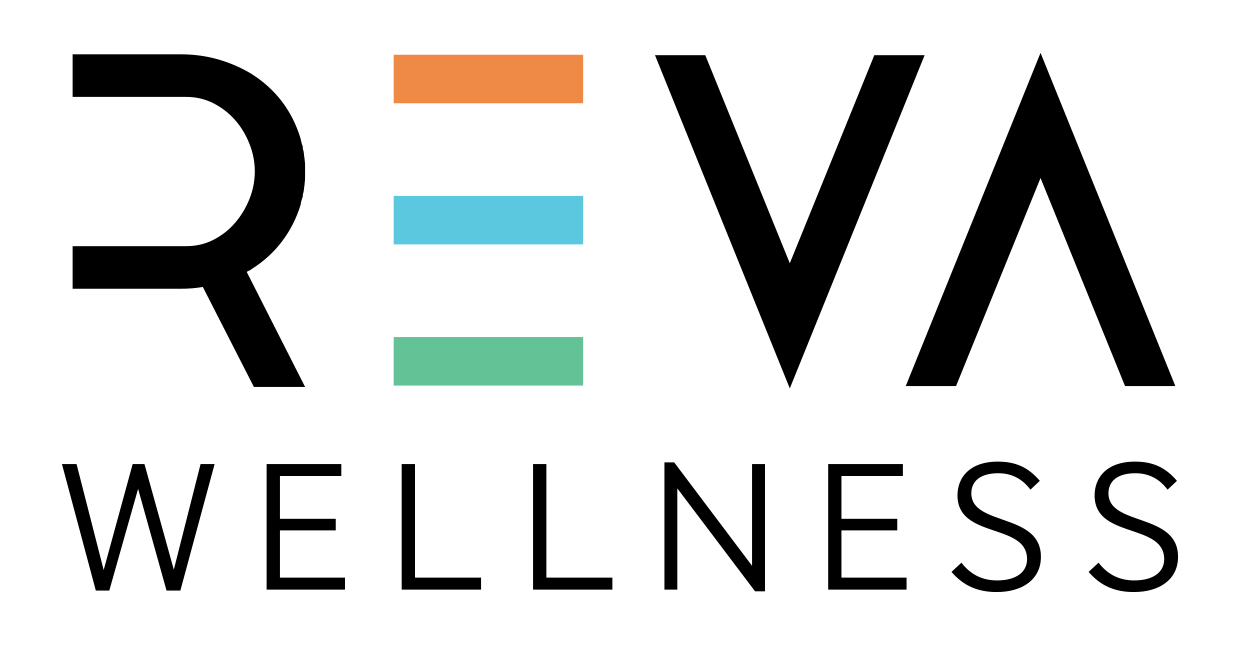How to SMASH your New Year’s Revolution & Avoid the biggest mistake
The biggest thing people get wrong happens before they even start.
The planning.
Successful “Goal-Getters” have a fool proof plan. They know what they’re getting into.
Like any reliable plan, it needs to be organised BEFORE the journey starts…
So, if you’re reading this on the 1st of 2nd day of the year, your very first step should be to sit down and making a plan.
How to Plan Properly: smart SMART Goals
No, it’s not a typo.
Too often apparent SMART goals, aren’t smart, they lack detail. So we want to make sure it’s properly understood.
If you’re unfamiliar with the original acronym, it’s basically a checklist for the statement surrounding your goal.
✔️Specific
Ask: What do I mean exactly?
Your goal needs to be specific. There should be no ambiguity.
Basically, as detailed as possible. Consider the Ws: What, which, where, who, and How*
Can you see how “I want to lose weight” just doesn’t cut it?
✔️Measurable
Ask: How do I know when I’ve arrived?
The weight loss example is simple. Kilos are pretty easy to measure.
But let’s consider fitness.
“I want to be fitter.”
Ask yourself, how will you know when you will be fitter?
One answer could be: “It currently takes me 20 minutes to get to the top of the hill around the corner. My goal is to get to the top of the hill in 15 minutes.”
✔️Achievable
Ask: Is it achievable and how do I achieve it?
If I hadn’t run for the last 6 months, and I said to you “I’m want to run a marathon next week” … what facial expression would you give me?
You need to do your research to make sure your goal is achievable
There’s a lot to consider here:
First, is it physiologically possible? (e.g. .5-1 kg of weight per week is realistic, with significant effort)
Second, do you have the resources? Do you have recipes? Will you prioritise time to meal prep?
Third, how are you going to achieve your goal? Is exercise enough or do you need to change your diet? Do you need to drink less alcohol? Are you naturally motivated or do you need to find some externall rewards? What barriers might get in the way and what can you do to prevent or manage them?
Fourth,
AND THIS
IS THE BIGGEST MISTAKE PEOPLE MAKE…
Are you expecting too much? Genuine behaviour change takes 3-6 months, i.e. when an action becomes a habit and a part of your lifestyle. That’s when you’ve reached “the maintenance stage” according to the Transtheoretical Model of Change.
So within your goal plan, you need to be patient and understand that building these habits take time.
For example, if your diet isn’t the best and you’re not exercising, it might take a few weeks to get on top of that.
Instead of setting yourself up for failure by promising “not to eat bread and get to the gym every day” try this mini-goal:
“For the first week, I aim to have bread only 4 days per week (instead of 7) and get to the gym at least once. For the second week, I am going to have bread only 3 days per week and get to the gym twice.”
Build. It. Up. Slowly.
But not too slow. If it’s too easy, update the mini-goals.
Pro tip: Record it! See your weeks progressing and these mini-goals getting smashed!
For more help on how to build habits check out our previous article
✔️Relevant
Ask: Why?
Did you notice this W was missing earlier?
The goal needs to be relevant to you. Not your mum. Not your partner. It has to be meaningful to you. Search your values and figure out if it fits.
✔️Timebound
Ask: When?
When will you start? When will you finish? Try to get some smaller goals time-lined as well, as mentioned above.
A SMART Goal Statement:
So, that’s SMART goals for you! That’s the final statement. That’s the plan.
Draw the map on the other side of your paper; write down all the other questions and answers you considered, in case you get to a roadblock.
For more tips to stay on track with your goals, make sure you keep an eye on our social media accounts!
~ Biara Webster, Exercise Physiologist







